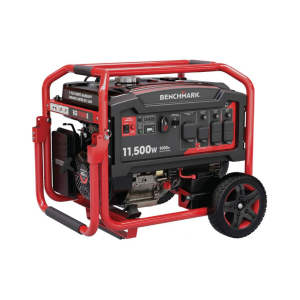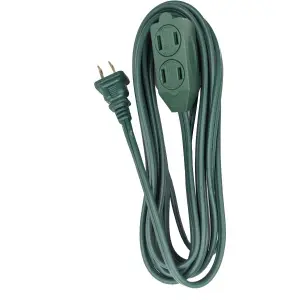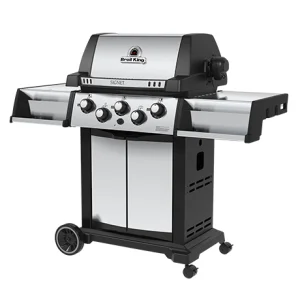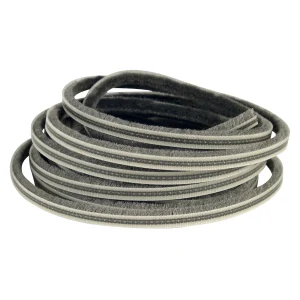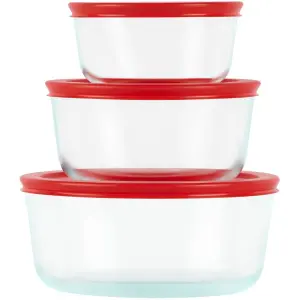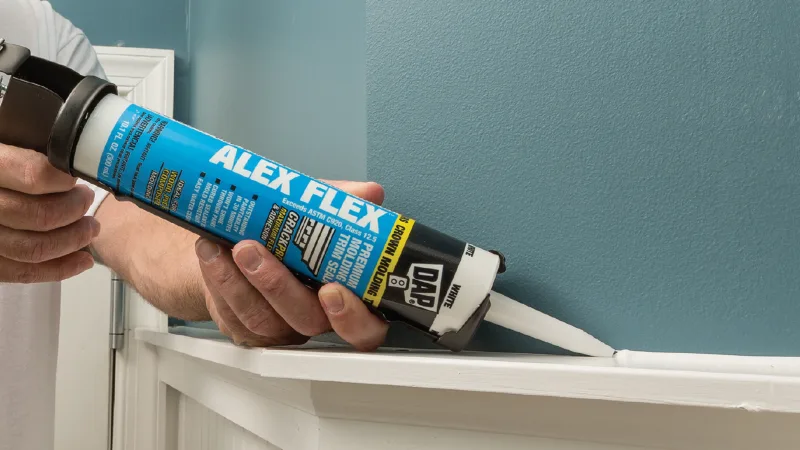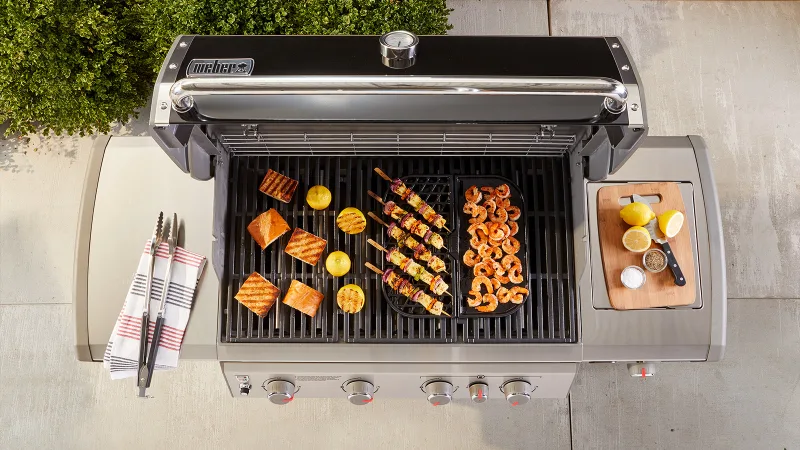Here's How to Prepare Your Home for Power Outages
Power outages can occur at any time of the year.
They typically result from weather damage to power lines and equipment, but they can also be caused by overloaded electrical infrastructure during periods of heavy demand, like during heat waves and cold snaps. While most outages are brief, preparation will keep you safe until power is restored. Here’s what you need to know.

Damage Prevention
A solid damage prevention strategy to protect your home from lost electrical power includes planning and emergency preparation.
Long-Term Planning
Preparing for a power outage includes home improvements to ensure a warm or cool indoor environment (depending on season), backup power for essentials (such as medical equipment), and access to water, food and communication during an extended outage. Some of these updates and upgrades are simple DIY tasks, while others may require professional assistance.


TIP: You don’t have to tackle your power outage action list all at once. Prioritize upgrades based on need and budget.
Home Protection Products
TIP: Boosting your home’s insulation will increase its overall energy efficiency while helping it stay more comfortable during a power outage, heat wave and/or cold snap.
Emergency Preparedness
What to Do if There’s a Power Outage
While most power outages don’t last long, extended outages can be inconvenient — and even potentially dangerous for people who use medical equipment. Preparing for the worst will ensure you’re self-sufficient. Here’s what to do if the power stays off.

TIP: Stay fire safe by keeping lit candles within sight in candleholders — or opt for LED lanterns and candles instead. Never use barbecues, camp heaters or home generators indoors.
Emergency Kit Essentials
Here’s What You’ll Need For Up to 3 Days Away from Home
Create Your Emergency Kit
If you need to evacuate, you may not have time to gather essential items. Plan ahead and keep everything together in a large bin, backpack or hockey bag, so you can quickly load your vehicle and head out. Here are some of the essential things you can add to your kit.
Power Generators
Here’s How to Choose a Backup Power Source
Losing electrical power is inconvenient for some, but downright uncomfortable or even dangerous for others. Many Canadians work from home or operate home-based businesses, while others rely on home medical equipment. A power generator will minimize disruption during a power outage. Here are options to consider.




TIP: You don’t have to power up your entire home. Prioritize energy for medical devices, essential work equipment, and to cool or heat one room where those who need it can gather.
Damage Prevention
A solid damage prevention strategy to protect your home from lost electrical power includes planning and emergency preparation.
Long-Term Planning
Preparing for a power outage includes home improvements to ensure a warm or cool indoor environment (depending on season), backup power for essentials (such as medical equipment), and access to water, food and communication during an extended outage. Some of these updates and upgrades are simple DIY tasks, while others may require professional assistance.


TIP: You don’t have to tackle your power outage action list all at once. Prioritize upgrades based on need and budget.
Home Protection Products
TIP: Boosting your home’s insulation will increase its overall energy efficiency while helping it stay more comfortable during a power outage, heat wave and/or cold snap.
Emergency Preparedness
What to Do if There’s a Power Outage
While most power outages don’t last long, extended outages can be inconvenient — and even potentially dangerous for people who use medical equipment. Preparing for the worst will ensure you’re self-sufficient. Here’s what to do if the power stays off.

TIP: Stay fire safe by keeping lit candles within sight in candleholders — or opt for LED lanterns and candles instead. Never use barbecues, camp heaters or home generators indoors.
Emergency Kit Essentials
Here’s What You’ll Need For Up to 3 Days Away from Home
Create Your Emergency Kit
If you need to evacuate, you may not have time to gather essential items. Plan ahead and keep everything together in a large bin, backpack or hockey bag, so you can quickly load your vehicle and head out. Here are some of the essential things you can add to your kit.
Power Generators
Here’s How to Choose a Backup Power Source
Losing electrical power is inconvenient for some, but downright uncomfortable or even dangerous for others. Many Canadians work from home or operate home-based businesses, while others rely on home medical equipment. A power generator will minimize disruption during a power outage. Here are options to consider.




TIP: You don’t have to power up your entire home. Prioritize energy for medical devices, essential work equipment, and to cool or heat one room where those who need it can gather.
Damage Cleanup
Most homes won’t suffer from excessive damage due a power outage, even an extended one. Cleanup is typically just that: cleaning up, rather than major repairs. Here’s how to get started.
Inspect Your Home for Power Outage Effects
Here’s How to Respond after a Power Outage
A few days without power can diminish your emergency supplies, spoil fridge contents, and require the resetting of electrical appliances and fixtures. Here’s an action list for what to do when your power returns.

TIP: If the power outage was the result of flooding, start by calling your power provider to ensure power is disconnected and it is safe to enter. Hire an electrician to check all appliances before using them.
Power Outage Food Safety
Food safety is a serious concern during and after a power outage. That’s because unrefrigerated food can spoil within hours, even if it looks and smells normal. Here are some basic rules for reducing the risk of food poisoning.

TIP: A good trick for detecting if there was a power outage while you were away from home is to store a cup of ice cubes in the freezer. If the ice is no longer cubed upon your return, this means it melted and refroze. Discard the fridge and freezer contents as they may have spoiled.
Home Repair & Comfort Products
Clean and reorganize your home after a power outage. Your fridge may require cleaning and disinfecting, and you may have to replenish emergency or home maintenance supplies.
TIP: Check in with elders, family members or neighbours who may need assistance with cleaning out their fridge.
Here’s How to Deep Clean Your Fridge & Freezer
An extended power outage can wreak havoc on the interior of your refrigerator and freezer. Messes, stains and odours are par for the course, but fortunately, you can usually get your appliances back to normal. Here’s how to clean like a pro.

